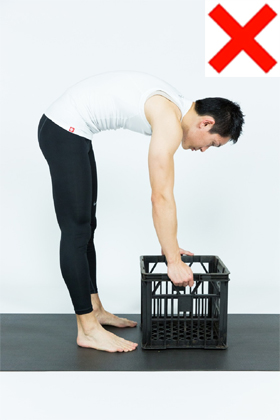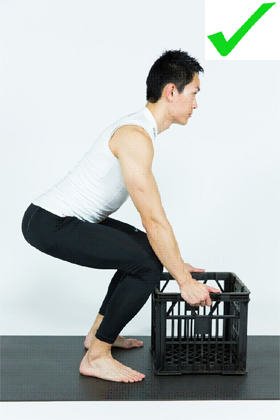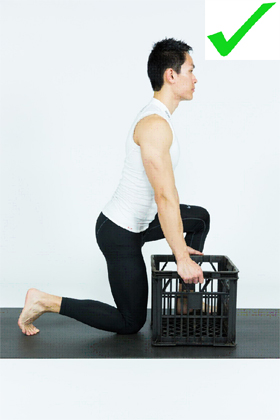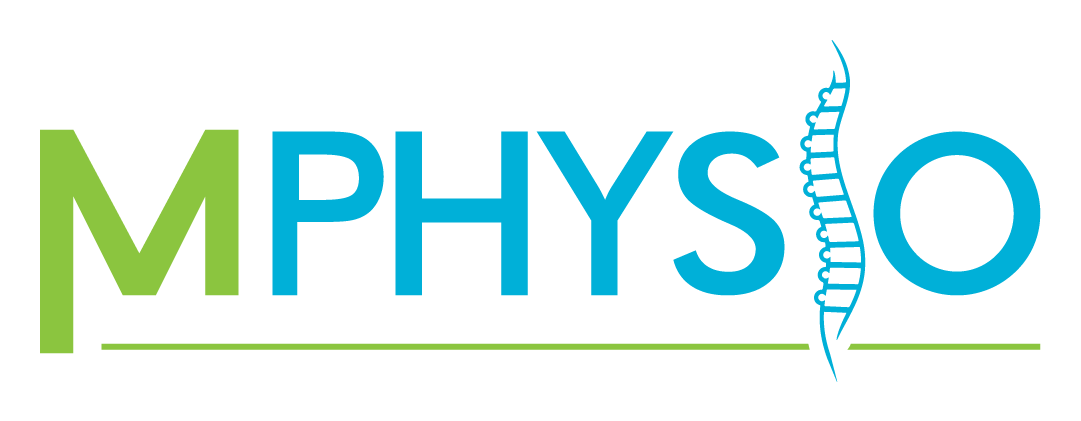Resources, Posture
Correct Lifting Posture
Maintaining a correct lifting posture is vital in order to prevent injury and for your recovery to be enhanced along with your physiotherapy treatment.
Having a correct lifting posture will prevent unwanted strain, pressure and accumulative trauma to affected regions of your muscular, skeletal and neural systems of your body. The most crucial aspect of having a good lifting posture is to maintain a neutral lumbar spinal position of the lower back. It is integral to avoid arching or hunching the lower back.
For medium to heavy objects use a squat technique For light objects use a lunge technique As the saying goes, ‘Practice makes Perfect!’ Practice these correct techniques and you will be amazed at how your body will respond! Once you read this page answer the questions on the sheet given by your physiotherapist at Musculoskeletal Physiotherapy Australia and bring that to your next treatment session.
Please view the following lifting posture examples to ensure you are lifting correctly.
Squat technique
 Avoid arching the back Avoid arching the back |
 -Maintain neutral lumbar position -Get your body as close to the object -Bend the knees and hips -Shift your body weight to your heels -Keep the heels on the ground at all times -Use the power of the legs to stand tall and not the back muscles -Maintain neutral lumbar position -Get your body as close to the object -Bend the knees and hips -Shift your body weight to your heels -Keep the heels on the ground at all times -Use the power of the legs to stand tall and not the back muscles |
Lunge technique
 Avoid arching the back Avoid arching the back |
 -Maintain neutral lumbar position -Lunge and make sure the object is between the legs and close to the body -Use the power of the legs to stand tall and not the back muscles -Maintain neutral lumbar position -Lunge and make sure the object is between the legs and close to the body -Use the power of the legs to stand tall and not the back muscles |
